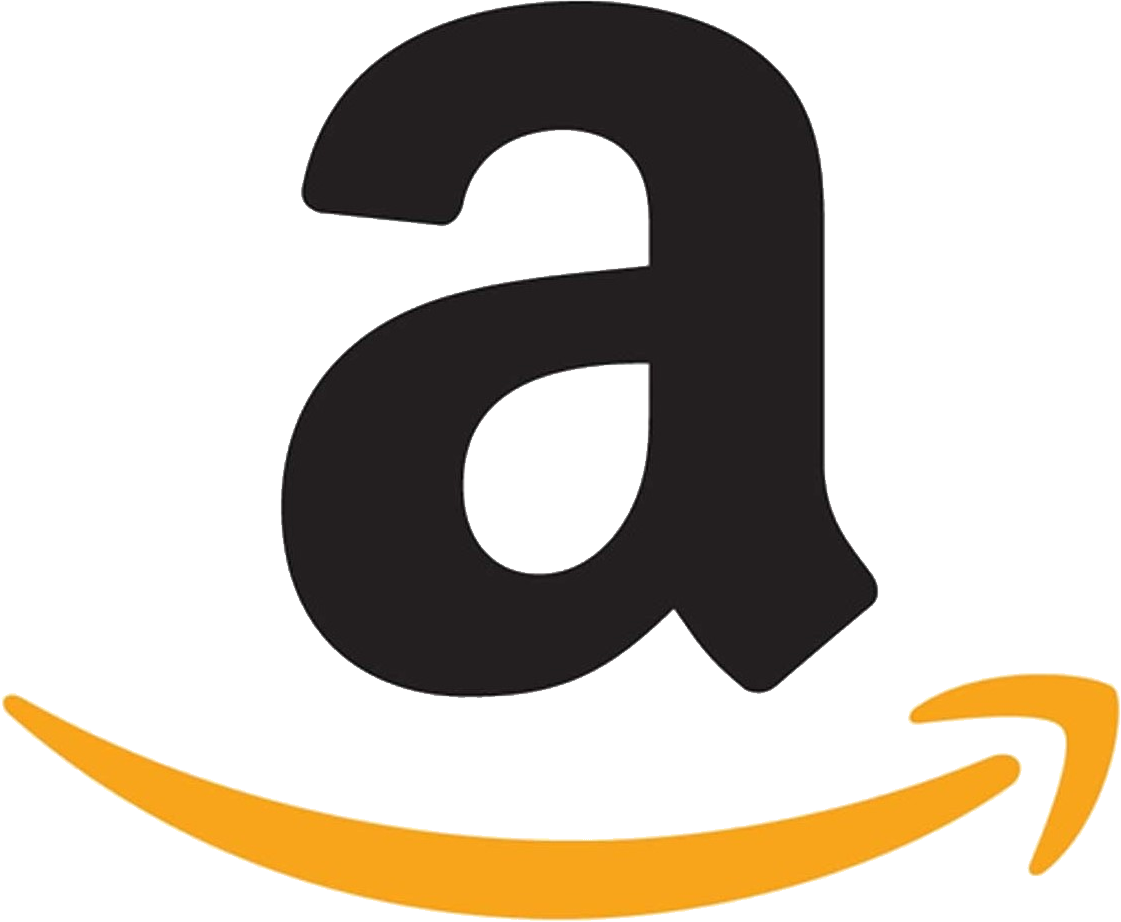Amazon SEO: Here’s How to Rank Higher on Amazon Searches
Amazon now dominates product search online, even surpassing Google. Nearly half of all online transactions happen on Amazon, and searchers perform hundreds of millions of queries every month.
This means Amazon sellers face more competition than ever.
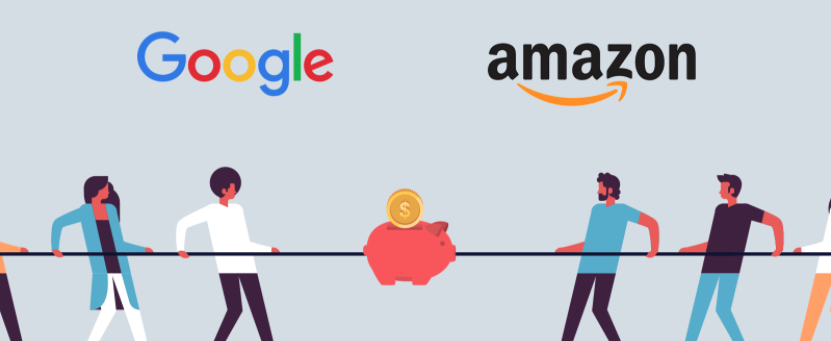
If you’ve been scratching your head about how to get your products to rank higher, you need to understand how Amazon’s search engine algorithm works. While Google’s and Amazon’s search engines share some functional similarities, they have different end goals:
- Google’s goal is to answer questions. Google’s search engine is designed for research. It needs to understand the intent behind a searcher’s query, which makes its task more complex. Google defines relevancy in terms of engagement behavior (number of clicks, bounce rate, time on site, etc.).
- Amazon’s goal is to sell products. Amazon shoppers are more likely to purchase a product than those who search on Google. Therefore, Amazon’s algorithm is designed to convert sales. Amazon defines relevancy in terms of purchase behavior (what a person buys after performing a search).
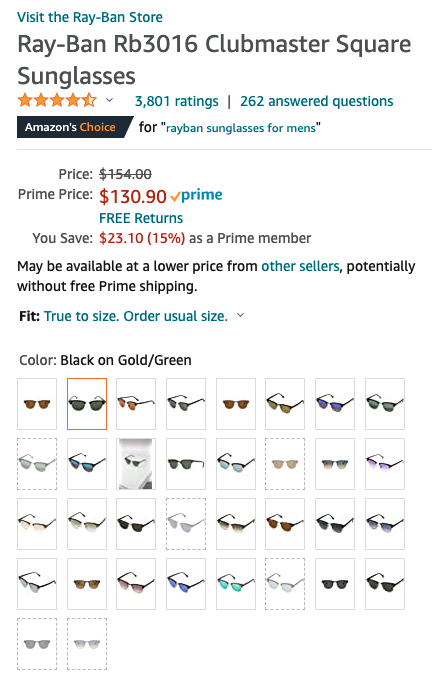
Amazon’s Ranking Factors
If your product listings aren’t optimized for Amazon’s search algorithm, you can forget about showing up on the first page (much less in the top two or three positions). The key is understanding the factors Amazon’s algorithm uses to rank products.
Direct factors are things Amazon weighs in search results. They include:
- Text match relevancy (titles, features, product descriptions)
- Price
- Availability (in-stock history)
Indirect factors are things Amazon doesn’t necessarily weigh in the search results, but they still influence direct factors. Indirect factors include:
- Images
- Reviews (number of reviews and review score)
- Advertising
- Promotions
- Fulfillment method
- A+ content (formerly EBC content; the A+ content feature lets brand owners change the product descriptions of branded ASINs with enhanced images, text placements, and unique brand stories)
Optimizing Your Products for Visibility & Sales
As with Google, there are things you can control and others you can’t. Here’s what you can do to optimize your products for visibility on Amazon.
Product Detail (Title, Feature, Description)
Text match relevancy is a direct ranking factor, so it’s worth taking the time to write some great copy. Here are some tips:
- Title: Make sure to include relevant keywords in your product title, but don’t keyword stuff, which could hurt your rankings. Include your brand name, a clear description of what the product does (e.g., “food processor”), the color, size, and material, and the quantity (e.g., “2-pack”).
- Features: Include a list of features in bullet point format, which gives buyers an easy-to-read snapshot of your product. Bullet points are also easier to read on mobile.
- Description: Take the time to create a detailed description that explains what your product does and plays up its benefits. Include crucial information like ingredients, product weight, or dimensions, and use keywords in a natural way. You want your copy to come across as authentic, not spammy. See what your successful competitors are doing and try to emulate it (without copying).
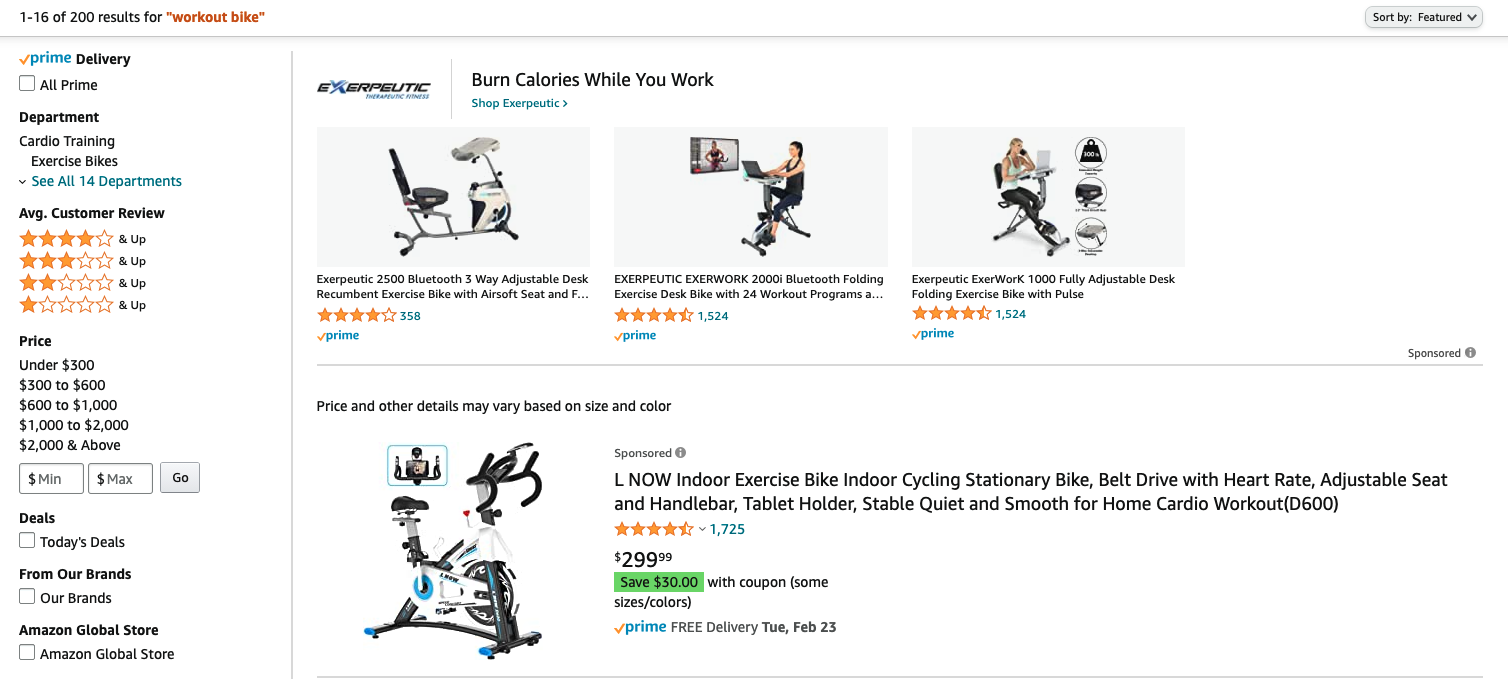
Price
Amazon uses price as a direct ranking factor. And price is almost always king—all other features being equal, the product with the lowest price typically sells the most. The exception is luxury goods. Here you want to use captivating images and compelling product descriptions to entice shoppers into choosing your product.
Availability
Letting your inventory get low or run out is the quickest way to see your rankings plummet on Amazon. Keep track of your sales and make sure to adjust your inventory for holidays and seasonal trends. If you have a large catalog, consider using an inventory management tool.
Product Images and Video
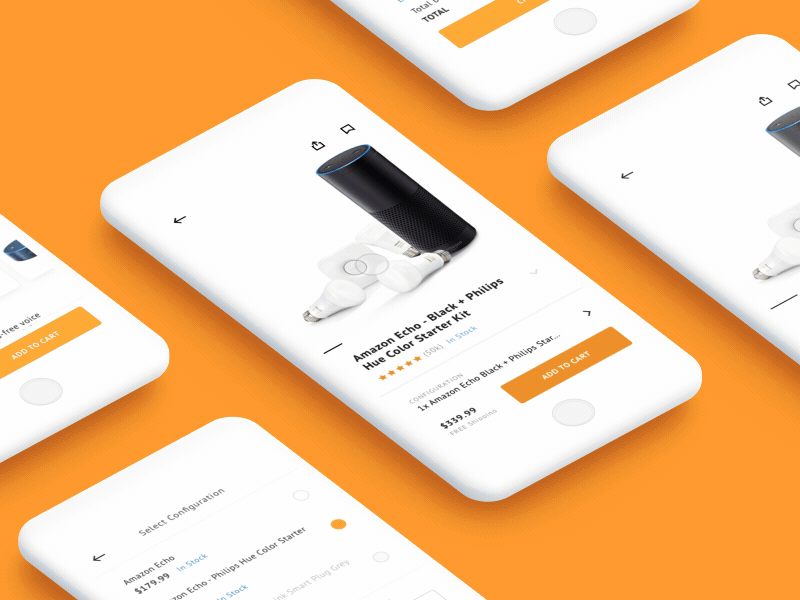
While images aren’t a direct ranking factor, they can help boost your conversion rates, which in turn will boost your search rankings on Amazon. And it goes without saying that images are incredibly important to your customers—few people buy something without seeing it first. Products featuring high-quality images have consistently higher conversion rates.
Include several high-quality images of your product from different angles. Images should be 1,000 pixels or larger (height or width) to still show up crisply with the site’s zoom function.
Ratings and Reviews
Amazon’s algorithm doesn’t look at customer ratings and reviews. But that doesn’t mean reviews don’t matter. Products with good reviews are more likely to convert than those with poor reviews, and conversion drives sales velocity, which in turn impacts search ranking. This illustrates how indirect factors can have a direct impact on rankings.

Advertisements
Ecommerce ads won’t boost your organic rankings. But since ads take up prime real estate on the search results page, they can increase traffic to your product listing. This can help drive sales, which can increase the visibility of your unpaid listings.
Fulfillment Method

Late or missed shipments and cancellations will quickly hurt your seller score and could even get your listings suppressed. It can be hard to rebound from this. Fulfillment by Amazon (FBA) adds extra fees, but it may be worth it if you’re struggling to get orders out on time.
Enrolling in FBA also qualifies your products for free two-day shipping through Amazon Prime, which can help increase your sales. And (you can guess what we’re going to say) good sales numbers can boost your rankings.
A+ Content (formerly EBC Content)
Amazon’s A+ content features is available to some sellers and lets you jazz up branded content on your product detail pages with options like images, charts, and text placements. Flashier content and images can boost sales, and Amazon’s algorithm rewards products that sell.
What’s Different with Amazon’s A10 Algorithm?
All the factors we’ve discussed so far have mainly applied to Amazon’s A9 algorithm, which was recently replaced with the A10 version. That doesn’t mean the A9 factors are moot—they still matter. But the A10 update puts more emphasis on certain factors. So, what’s different?
- Seller authority has more influence. The A10 algorithm weighs your standing as an Amazon seller even more heavily (sales history, how long you’ve been selling on Amazon, seller feedback and ratings, returns, and product range). You can’t change how long you’ve been an Amazon seller, but you can influence the other factors, like seller feedback and ratings. Optimize what you can to rank higher in search results and to improve your chances of winning the Buy Box.
- More emphasis on impressions, internal sales, click-through rate, and conversions. Increase impressions by using relevant keywords that make it easy for shoppers to find your product. Use a high-quality product image to improve your CTR. Offer more “Frequently Bought Together” options in your product listings to increase your internal sales. Launch external campaigns to generate more views, but make sure your campaigns are targeting the right audience to drive conversion rates.
- Organic sales are prioritized over PPC sales. Organic sales will help you rank higher with the A10 algorithm. PPC still matters, but less so. With A10, sponsored links peter out faster than they did with the A9 algorithm. One possible solution: Consider using an AI-based pricing tool to offer shoppers the best price in real time.
To recap, optimizing your product listings for Amazon search will help improve your sales velocity, which in turn will help improve your visibility on the site.
Get Help from the Experts
Amazon’s new A10 updates put greater emphasis on sales success. Helping people grow their business with a strategic digital marketing plan is what we do at National Positions. Get in touch today for help with ecommerce management.
